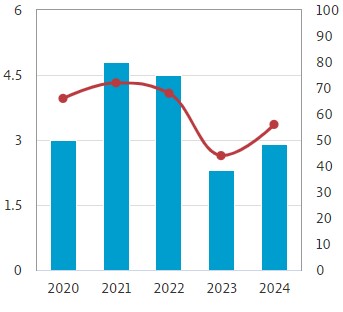Role of the National Oil Spill Detection and Response Agency (NOSDRA) in Resolving Oil Spill Disputes in Nigeria
Abstract
Nigeria has struggled for years with the persistent problem of oil spills, particularly in the Niger Delta region. These spills have caused extensive environmental damage, adversely affecting local livelihoods and public health. Despite the establishment of the National Oil Spill Detection and Response Agency (NOSDRA) in 2006, which is tasked with spill detection, response, and remediation, the country continues to face significant challenges in resolving oil spill disputes effectively. This paper highlights the importance of addressing the systemic failures that contribute to the inefficacy of oil spill response mechanisms in Nigeria. Key issues identified include weak enforcement of regulations, insufficient funding for NOSDRA, and a lack of corporate accountability among oil companies. Additionally, the conflicts between affected communities, the government, and oil corporations further complicate the resolution process. Using an environmental justice framework, the paper explores the disproportionate impacts of oil spills on marginalized communities and emphasizes the need for an inclusive, transparent approach to dispute resolution. The study's findings suggest that strengthening NOSDRA’s capacity, reforming regulatory frameworks, and improving inter-stakeholder coordination are critical steps in enhancing oil spill management in Nigeria. The paper recommends bolstering NOSDRA’s resources, holding oil companies accountable, and ensuring equitable compensation for affected communities.





